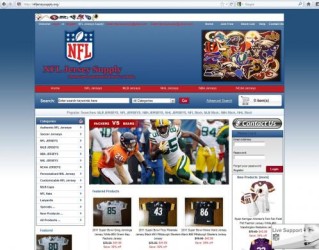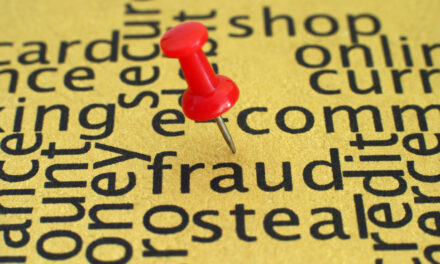WASHINGTON–Officials from U.S. Immigration and Customs Enforcement (ICE) and U.S. Customs and Border Protection (CBP) are advising shoppers this holiday season to be aware of online scams that would have consumers purchase counterfeit goods instead of genuine products.
Counterfeit electronics that overheat due to improper manufacture, fake bicycle helmets that break upon impact and phony cosmetics that lead to skin ailments are just a few examples of knock-off items sold online that present a serious health and safety risk. Seasonal items like holiday lights can also be counterfeit, poorly wired and ignite fires.
Shoppers can protect themselves year-round by knowing how to identify copyright infringing websites, by exercising due diligence when purchasing items from independent sellers on e-commerce sites and by using caution when buying merchandise through social media platforms. Consumers should also avoid clicking on suspicious advertisements either emailed directly or found while searching the Internet. Key signs that a website may be peddling counterfeit goods include:
- All the products listed are on sale or offered at extremely low prices.
- The website does not have proper contact information.
- The product is not shipping from within the United States.
- The buyer is redirected to an external online payment system during checkout.
Shoppers who purchased products online that were unusually packaged, missing approval stickers from independent safety organizations or stitched poorly with faded colors and misspelled words may have inadvertently bought counterfeit goods. They are advised to review return policies, and contact the website for more information. If returning the item is not an option, then contact your bank to see if they offer any type of fraud protection, and report the crime through the ICE Tip Line 1-866-DHS-2-ICE.
“CBP is working diligently to stop the flow of counterfeit and pirated goods,” said Michael Walsh, the Director of Customs and Border Protection’s IPR Policy and Programs Division. “We ask that shoppers be wary and do their homework. Counterfeit and pirated goods are poor quality, harm legitimate businesses, and can pose health and safety risks to U.S. consumers.”
The IPR Center is one of the U.S. government’s key weapons in the fight against criminal counterfeiting and piracy.









